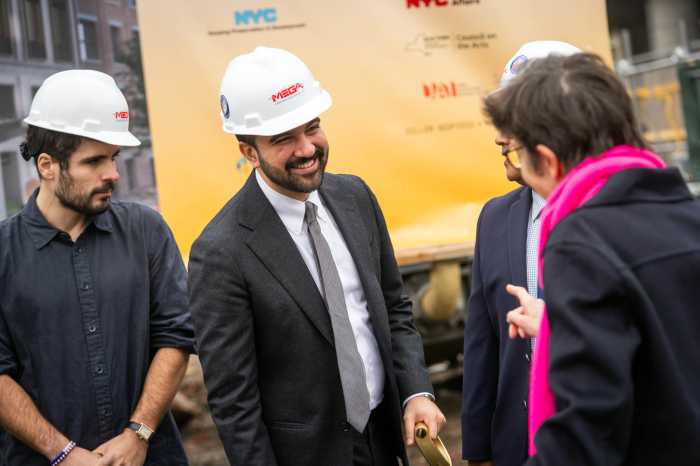An interim government which fellow Caribbean Community and western nations had helped to broker for Haiti is showing clear signs that it is settling in nicely with key coordination meetings and goal-setting sessions being held in recent days as the new cabinet zooms in on restoring stability to the strife-torn nation.
As gangs are still on the rampage killing people, blowing up fuel tankers and generally restricting economic activity mostly in the city and surrounding areas, Prime Minister Garry Conille and fellow cabinet ministers say they are beginning to get a grip of the enormous task ahead, especially as it relates to the tenuous security situation.
“I had a major meeting with the members of the national police. We discussed the insecurity that is destroying our society. I would like to announce that the government will take several urgent measures to send a clear signal to provide a response to this security crisis. Peace and stability must prevail throughout the country,” he told reporters.
Conille did not divulge details as to what exactly the cabinet has in mind before a Kenyan-led United Nations-approved multinational peacekeeping force arrives in Haiti to support the national police, but he also updated the nation to the situation with Kenya and the imminent arrival of about 1,000 mostly police officers from the East African nation.
He did, however, indicate that virtual meetings have been held with top Kenyan officials in the past week regarding a deployment date but both sides are tight-lipped even as the US assists Haiti in constructing special facilities that will accommodate troops and police officers from about a dozen nations in Port Au Prince, the capital.
Several Caribbean nations have already committed to sending troops and police officers including Jamaica, The Bahamas, Belize and others. They have benefitted from training sessions run by Canada in Jamaica in recent weeks as they await deployment.
As the clock ticks on the arrival of the force, PM Conille has also told ministers of an impending cabinet retreat to streamline the work of various ministries, noting “your commitment to the service of your country honors you and at the same time, it obliges you to succeed for the good of our nation. The difficulties and expectations are immense, but your dedication is boundless. Ministers are required not to consider any administrative measures regarding the addition of personnel or internal movements having a budgetary or strategic impact unless there is an urgent, justifiable need,” Conille said in a published letter to colleagues.
Meanwhile, Secretary of State Antony Blinken has just authorized the release of just over $100 million to Haiti to acquire military equipment including armored vehicles for police officers, dozens of whom have been killed by gangsters in recent months.
Republican representatives had for months been opposing the aid to Haiti, but Blinken said he has found ways of circumventing the release of the money to Haiti. It is unclear whether this is part of an already approved $300 million grant that was announced in March.























